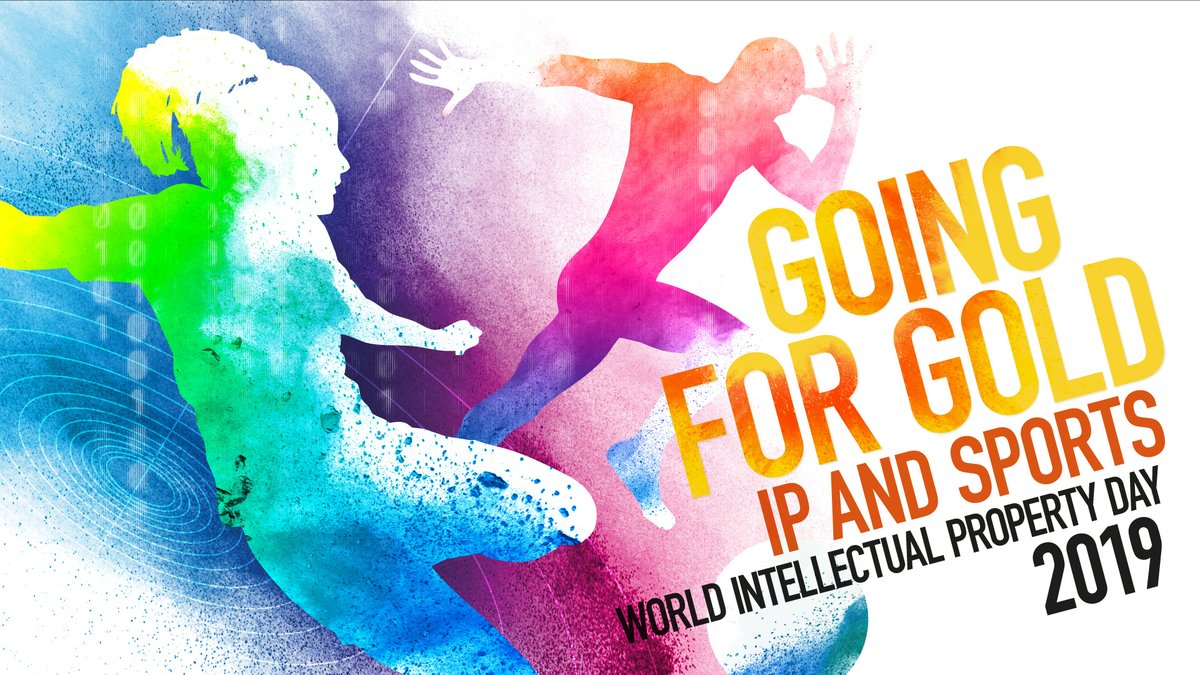“Every facet of our daily lives is infused with IP-from the shoes we wear, the coffee we drink, shapes of our cufflinks & the paper we put our legal opinions”-Judge Mabel Jansen in Dean & Dyer Introduction to IP- Foreword.
Have you ever wondered what type of law protects a brand name such as “SUN” jam, or the design of the Coca-Cola glass bottle? Apple’s original iPhone? or even the rights to the late Tuku’s music?
The simple answer is intellectual property law. So, what exactly is intellectual property? It refers to creations of the mind, such as inventions; literary and artistic works; designs; and symbols, names and images used in commerce. Intellectual property is divided into industrial property which includes patents, trademarks, industrial designs, trade secrets, plant breeders’ rights, geographical indications, utility models, domain names and intellectual property which comprises of the various forms of copyright. All these forms of property are generally referred to as intellectual property rights/intellectual property in everyday language.
Although our IP landscape is still in its infancy, Zimbabwe has taken significant strides towards participation in the global movement surrounding intellectual property. It is a member of the Paris Convention for the Protection of Industrial Property, the Berne Convention for the Protection of Literary and Artistic Works, The Patent Cooperation Treaty, a member state of the African Regional Intellectual Property Organization, the World Trade Organization/ Agreement on Trade-Related Aspects of Intellectual Property Rights( TRIPS) and more recently, the Madrid Agreement concerning the International Registration of Marks ,key international intellectual law protocols. Zimbabwe has even gone further to incorporate aspects of these treaties into its domestic IP legislation for harmonization with international IP systems. This has directly resulted in the ease of protecting one’s IP rights on an international level, allowing one application for rights to designate multiple member countries.
The most common forms of IP covered in Zimbabwe are:
Patents: These constitute a set of rights granted to the inventor of a product or process that is new (novel), involves an inventive step (non-obvious) and capable of industrial application (useful). These rights are valid for 20 years. Apple was granted a patent in 2012 for the ornamental design of its electronic device- the very first iPhone launched in 2007.
Trademarks: Signs capable of distinguishing the goods or services of one enterprise from those of other enterprises. Such signs can be in the form of words, letters, numerals, drawings, shapes, colours, logos, audible sounds (like the Nokia ring tone) and even smells in some advanced jurisdictions. The “SUN” jam trade mark has become a household name and continues to hold market relevance in Zimbabwe to this day. Trademarks are protected for ten years and may be renewed thereafter in perpetuity.
Copyright: This is an exclusive right granted to creators such as authors and artists to protect expressive works against unauthorised reproduction or distribution by third parties. Works covered by copyright range from books, music, paintings, sculpture, and films, to computer programs, databases, advertisements, maps, and technical drawings. There is no need to register a copyright in Zimbabwe as protection is automatic, albeit there are systems in place for voluntary registration which can help solve disputes over ownership, as well as facilitate financial transactions, sales, and the transfer of rights.
Industrial designs: These relate to the ornamental or aesthetic aspect of a product which may consist of three-dimensional features, such as the shape of an article, or two-dimensional features, such as patterns, lines or colour. Coca-Cola’s 104 year- old ribbed glass bottle design has become iconic.
Why does all this matter?
Intellectual property is an asset (possibly one of the most important business asset) and therefore valuable and requires protection. Legal rights are attached to all these forms of IP and it is only when one holds these rights that they can fully enjoy all the benefits that accrue from the IP. Where an individual or an entity invests in protecting their IP, their brand and business is set apart from competitors and decreases the likelihood of those competitors trying to copy. Customers and consumers when offered different products, are prone to base their purchasing decisions on preferred brands with known characteristics so a trade mark will always be associated with a particular standard or quality of a product. Where one expends time and effort in developing their products or services and brand it only makes strong business sense to secure such efforts. It becomes easier to protect your IP from infringement by others and ultimately defend in the courts your sole right to use, make, sell or import it. Not only that- but you can earn royalties by licensing it or ultimately make money by selling it.
It is therefore key that businesses and individuals begin to take their intellectual property rights seriously by protecting same and enforcing these rights when they are violated. IP is an asset which contributes to various facets of business- development and competitive strategy, the development and design of products, marketing, raising financial resources and expanding business even outside the borders of Zimbabwe though exporting and franchising.

0 Comments